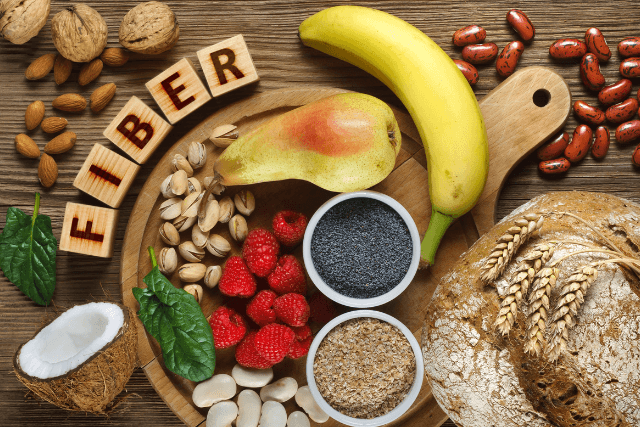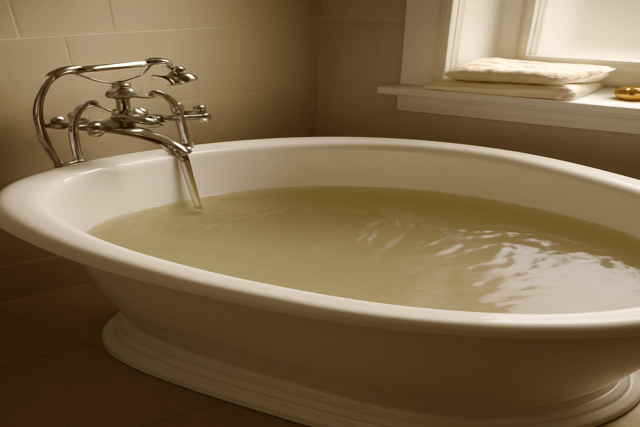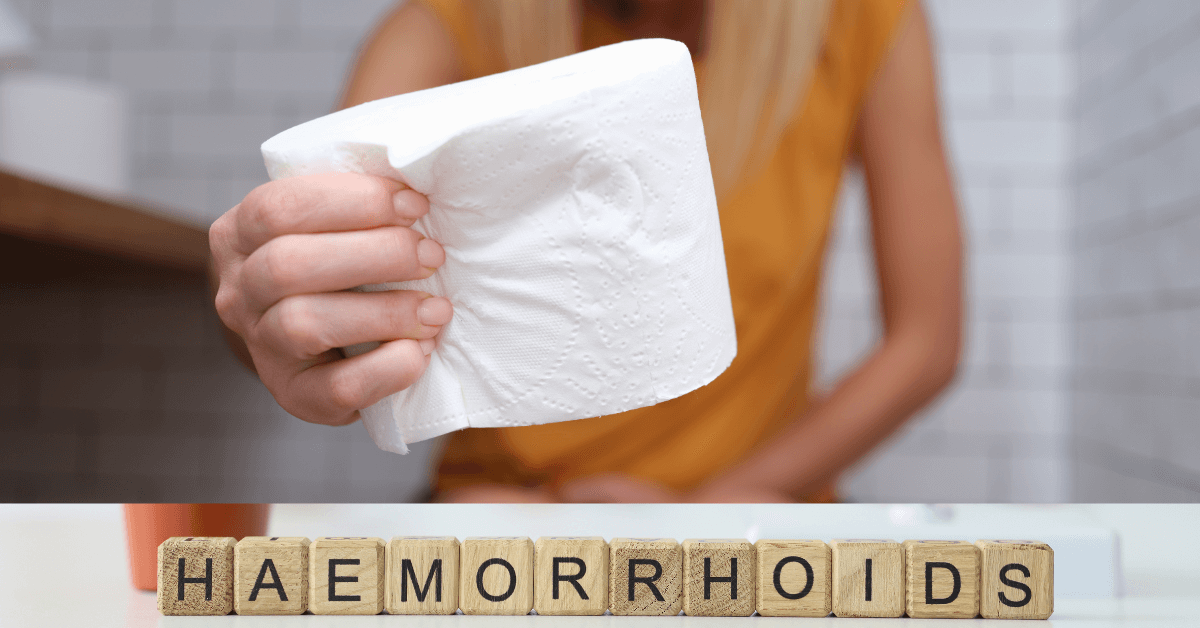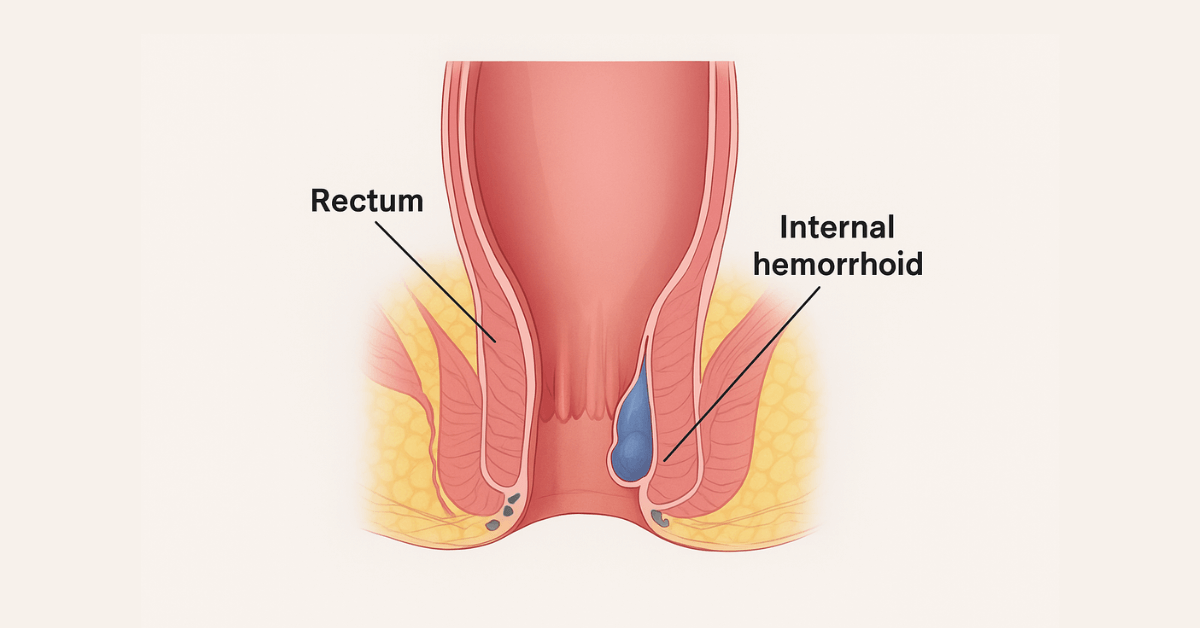Childbirth is a life-changing experience, but it also comes with its challenges, especially when it comes to recovery. One common issue many new mothers face is hemorrhoids, which can cause significant discomfort. Hemorrhoids are swollen veins in the lower rectum or anus, often caused by the strain of childbirth. Thankfully, preventing hemorrhoids after childbirth is possible with the right steps and awareness. In this blog, we’ll explore practical tips that new moms can incorporate into their post-birth recovery to minimize the risk of hemorrhoids and promote overall well-being.
Understanding Hemorrhoids After Childbirth
What Are Hemorrhoids and Why Do They Happen After Delivery?
Hemorrhoids occur when the veins in the anus or lower rectum become swollen and inflamed. During childbirth, the pressure exerted during labor can strain these veins, especially when pushing the baby out. The physical trauma and increased pressure during delivery can also contribute to the development of hemorrhoids.
New mothers are particularly at risk due to the following factors:
- Increased abdominal pressure during labor
- Prolonged sitting during recovery
- Hormonal changes that can affect blood vessels
- Constipation due to pain medications or changes in diet
Understanding these factors helps in identifying proactive measures to prevent hemorrhoids after childbirth.
Key Tips for Preventing Hemorrhoids After Childbirth
1. Stay Hydrated for Healthy Bowel Movements
Drinking plenty of water is one of the simplest yet most effective ways to prevent hemorrhoids. When you’re properly hydrated, your stool becomes softer and easier to pass. This helps reduce the strain on your rectal area, which is critical in preventing hemorrhoids.
Tips:
- Aim for 8-10 glasses of water daily.
- Avoid beverages that can dehydrate you, like caffeinated drinks.
- Eat foods rich in fiber, such as fruits, vegetables, and whole grains, to help keep your digestive system functioning smoothly.

2. Eat a Fiber-Rich Diet to Prevent Constipation
Constipation is one of the leading causes of hemorrhoids, especially after childbirth when your body is recovering from pregnancy. A diet high in fiber can help keep your bowels regular and prevent the strain of constipation.
Tips:
- Include fiber-rich foods in your meals, such as leafy greens, apples, and beans.
- Consider fiber supplements if recommended by your healthcare provider.
- Make sure to gradually increase your fiber intake to avoid bloating.
3. Incorporate Gentle Physical Activity
After childbirth, getting back into physical activity can be daunting. However, light exercise is essential for promoting healthy circulation and preventing hemorrhoids. Walking, pelvic floor exercises, and postnatal yoga can all contribute to better blood flow and prevent excess pressure on the rectal area.
Tips:
- Start with gentle exercises as approved by your healthcare provider.
- Avoid heavy lifting or intense workouts too soon.
- Focus on activities that improve posture and circulation, like walking and stretching.
4. Avoid Prolonged Sitting and Straining
Prolonged sitting can contribute to increased pressure on the rectal area, which can exacerbate or lead to hemorrhoids. After childbirth, many new moms spend long periods sitting, especially when caring for their newborns. It’s important to take breaks and avoid sitting for extended periods.
Tips:
- Take short walks or change positions every 30-60 minutes.
- Use a pillow or cushion designed for hemorrhoid relief while sitting.
- Avoid straining during bowel movements by taking your time and using the restroom only when needed.
5. Practice Good Toilet Habits
To prevent hemorrhoids, it’s crucial to avoid straining on the toilet, which can cause excess pressure on the veins. Developing good toilet habits is key to reducing the risk of hemorrhoids after childbirth.
Tips:
- Don’t delay bowel movements when you feel the urge.
- Use a footstool to elevate your feet while sitting on the toilet to create a more natural squatting position.
- Avoid wiping too harshly; use gentle wipes or moist toilet paper.
What to Do if Hemorrhoids Develop After Childbirth
How to Treat and Manage Hemorrhoids Postpartum
Despite your best efforts to prevent them, sometimes hemorrhoids can still develop after childbirth. If this happens, there are steps you can take to manage the discomfort and help speed up recovery.

- Warm Sitz Baths
A warm sitz bath can provide relief from hemorrhoid pain and inflammation. Sit in warm water for about 15-20 minutes, several times a day. - Topical Treatments
Over-the-counter creams or ointments designed for hemorrhoid relief can help reduce swelling and ease discomfort. - Ice Packs
Applying a cold compress or ice pack can reduce swelling and offer temporary relief from pain. - Pain Medication
If needed, take over-the-counter pain relievers like acetaminophen or ibuprofen, as recommended by your healthcare provider.
When to See a Doctor About Hemorrhoids
Understanding When Medical Attention is Needed
While many hemorrhoids can be treated with home remedies, it’s important to seek medical advice if symptoms persist or worsen. Consult your healthcare provider if:
- Hemorrhoid pain doesn’t subside after a few days of self-care.
- You experience heavy bleeding or blood in your stool.
- Your hemorrhoids cause significant discomfort or interfere with daily activities.
Laser Hemorrhoidoplasty (LHP): A Minimally Invasive Treatment for Hemorrhoids
What Is LHP and How Does It Help?
Laser Hemorrhoidoplasty (LHP) is a revolutionary procedure designed to treat hemorrhoids with minimal discomfort and a shorter recovery time compared to traditional surgical methods. This advanced laser technique uses targeted laser energy to shrink and remove hemorrhoidal tissue, reducing the size of swollen veins and alleviating symptoms.
Benefits of LHP:
- Minimally invasive: No need for incisions or stitches.
- Quick recovery: Most patients can return to normal activities within a few days.
- Reduced risk of complications: LHP is safer than traditional hemorrhoidectomy, with fewer risks.
- Effective for severe cases: LHP can be used for large, symptomatic hemorrhoids that do not respond to non-surgical treatments.
If hemorrhoids persist after childbirth, LHP may be an excellent option to provide lasting relief.
Final Thoughts on Preventing Hemorrhoids After Childbirth
Embracing Recovery with Healthy Habits
Preventing hemorrhoids after childbirth is achievable with a few simple lifestyle changes. By staying hydrated, eating a fiber-rich diet, incorporating light exercise, and practicing good toilet habits, new mothers can minimize their risk of developing hemorrhoids during postpartum recovery. If hemorrhoids do occur, don’t hesitate to seek professional help.
Your postpartum recovery is important, and taking care of your health can ensure you feel better and regain your strength in no time.
Conclusion: Commit to Healthy Habits for Postpartum Wellness
By integrating these practical tips into your daily routine, you can significantly reduce the likelihood of hemorrhoids after childbirth. Remember, it’s important to listen to your body and reach out to your healthcare provider if needed. Embrace a healthy, proactive approach to recovery, and you’ll soon be on your way to feeling your best again.



